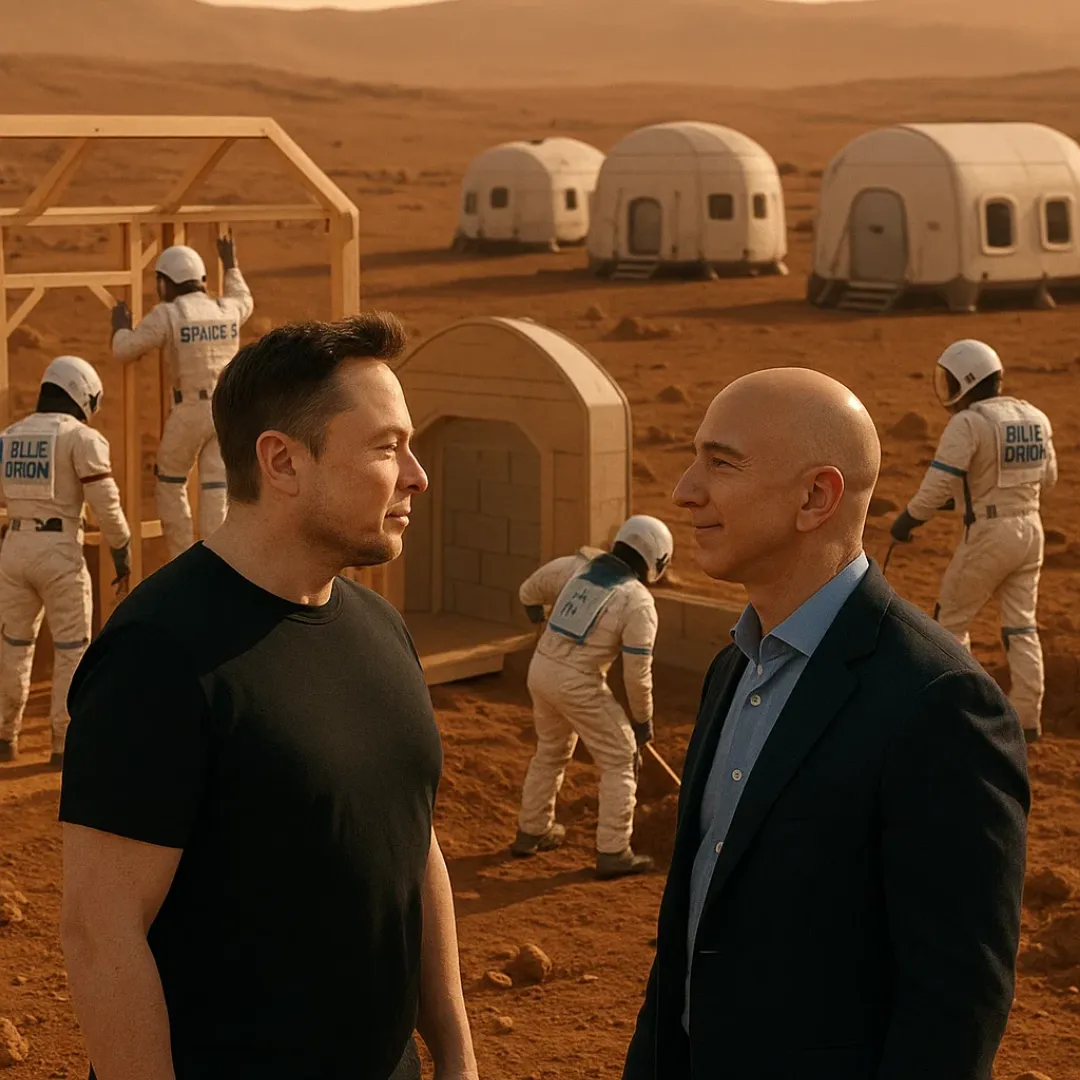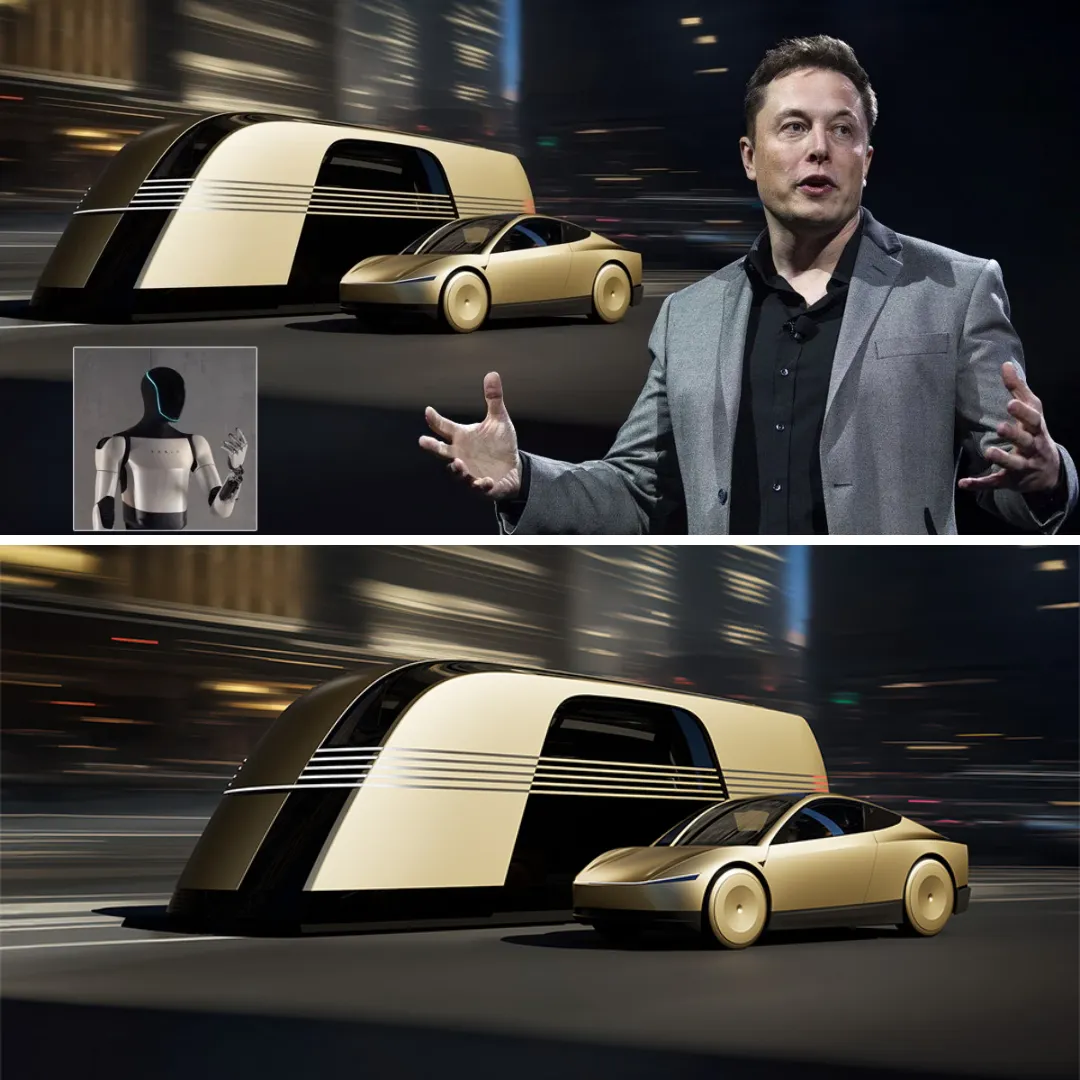In recent weeks, violent protests have erupted across the United States, centered around Elon Musk’s Tesla showrooms and charging stations, stirring fears that political tensions in the country may be reaching a boiling point. The unrest comes amid growing anger and frustration over Musk’s push to reform the federal government, with his efforts to streamline the bureaucracy and reduce government spending sparking protests.
Incidents of vandalism, arson, and even gunshots have been reported at various Tesla dealerships and showrooms, reflecting the rising discontent with Musk’s leadership, particularly in his role overseeing the Department of Government Efficiency (DOGE). Musk, the CEO of Tesla, has become a controversial figure in the political landscape, with his leadership of DOGE criticized for driving massive layoffs, cutting government programs, and gaining access to sensitive personal data.
Tesla, which has long been an iconic brand in the electric vehicle sector, is now seen as a political lightning rod, with its involvement in government reform attracting increasing scrutiny. "The role of wealthy industry leaders in government is making the company's product a potential target because of the intertwining of business and political leadership," said Adria Lawrence, a political science professor at Johns Hopkins University.
She emphasized that this entanglement raises concerns about the health of democracy.
While many protests have been peaceful, a few have escalated into violent acts. Some protestors have gone as far as setting fire to Tesla’s Cybertrucks, spray-painting showrooms with offensive messages and symbols, including swastikas, and throwing Molotov cocktails at Tesla properties.
In some cases, gunshots have been fired at dealerships, though fortunately, no injuries have been reported. These violent outbursts have caught the attention of authorities, with at least three individuals facing federal charges in connection with attacks on Tesla properties.
Attorney General Pam Bondi has condemned the violent actions, warning that the Justice Department will act swiftly to hold the perpetrators accountable.
"The people attacking Teslas are trying to send the message that if you support President Trump, they will commit acts of violence to try to intimidate you," said Vice President Vance, adding that such actions will not be tolerated and those responsible will be brought to justice.
It remains unclear who is organizing the violent protests, though many experts believe they are a response to the political reforms being pushed by Musk’s DOGE. Basil Smikle, a political strategist, explained that there is significant anger directed at Musk, the world’s richest man, due to his involvement in government affairs.
Critics argue that his actions have worsened the financial situation for many, forcing some individuals into poverty or a life of living paycheck to paycheck due to the abrupt layoffs and cuts to government programs.
The political unrest tied to Tesla has coincided with an increasingly agitated electorate. In recent weeks, lawmakers across the political spectrum, both Republicans and Democrats, have been confronted by angry constituents who are voicing their concerns over Musk’s influence in the federal government.
In a heated town hall meeting in Columbus, Nebraska, Rep. Mike Flood (R-Neb.) was heckled by a constituent who criticized Musk’s access to government agencies, questioning the potential risks to national security. "They went in and had read-write access to the agencies, and that is a huge national security threat," the woman argued, causing Flood to face boos from the crowd.

Democratic lawmakers, too, have faced similar backlash over Musk’s controversial actions. Rep. Gil Cisneros (D-Calif.) was met with a frustrated crowd at a recent meeting, where attendees expressed their concerns about the impact of Musk’s efforts on social safety nets like Medicaid and Social Security.
Despite Cisneros attempting to assure constituents that he was on their side, the tensions remained high, with protesters voicing dissatisfaction with both parties' handling of the issue.
Political observers believe that the rising tensions and violence are part of a larger trend that has been brewing for years. Smikle pointed out that the frustration of many Americans stems from a feeling that the country’s institutions are no longer functioning effectively, which has contributed to the growing willingness to take drastic actions, including political violence.
Research suggests that when the opposition is fragmented, the electorate’s anger is more likely to escalate into violence, particularly when people feel that their voices are not being heard.
The Democratic Party, still reeling from its loss of the White House last fall, has struggled to unite behind a cohesive response to Musk and the broader issues surrounding the federal government. GOP strategist Brian Seitchik noted that the lack of a unified message from Democrats has fueled frustration, leading some to resort to violence as a means of expressing their anger.
"If you don’t like Donald Trump, violence right now is what you’re seeing, is the response," he said.
Musk himself has suggested that some of the attacks on Tesla are being orchestrated or funded by "left-wing organizations" in America, though he has not provided concrete evidence to support this claim. The progressive group Indivisible has acknowledged organizing some protests, but it stresses that its demonstrations are intended to remain peaceful.
Nevertheless, the instances of violence at some protests, combined with other recent political outbursts, indicate that the country is experiencing a period of rising political unrest.
Paul Barrett, deputy director of New York University’s Stern Center for Business and Human Rights, pointed out that technological advances in recent years have contributed to a rise in political intimidation and violence.
"This is really nothing new at all," he said, referring to the history of political violence in the U.S. from the 2017 attack on a Republican Congressional baseball team to the deadly clashes between white nationalists and counterprotesters in Charlottesville, Virginia, in 2017, and the Capitol riot on January 6, 2021.
The rhetoric coming from political leaders has also played a role in normalizing violence, according to Barrett and Lawrence. Trump’s pardoning of January 6 defendants, for instance, has sent a message to the public that political violence can be tolerated.
Musk’s comments, particularly those targeting critics or groups, have similarly created an atmosphere where political tensions may escalate into threats and, in some cases, actual violence.
While some experts fear that the U.S. is entering a period of heightened political violence, others, like Lawrence, remain optimistic. She argued that the country’s strong tradition of rule of law and local policing could help prevent violence from becoming more widespread.
However, she acknowledged that the current climate is one of extreme division, and the potential for further political violence remains a significant concern.




-1750129801-q80.webp)


